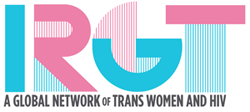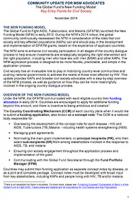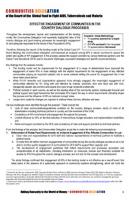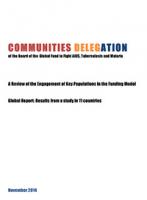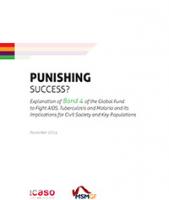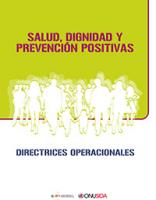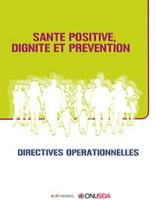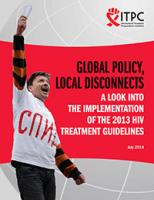
Published in November 2014 by the Global Fund to Fight AIDS, Tuburculosis, and Malaria (GFATM), this update on the GFATM’s new funding model (“Key Entry Points for Civil Society”) aims to enhance civil society participation in all stages of the country dialogue process to ensure that investments are strategically targeting the right intervention and the right populations, including men who have sex with men (MSM) and other key affected populations (KAPs). The update provides KAPs and broader civil society advocates with a step-by-step overview of the new funding model process, as well as guidance on how they can be more meaningfully involved in the ongoing country dialogue process. The GFATM has identified funding “windows” over two years.For 2015, the funding windows for concept note submission are the months of January, April, July, and September; for 2016, the month of April only.
